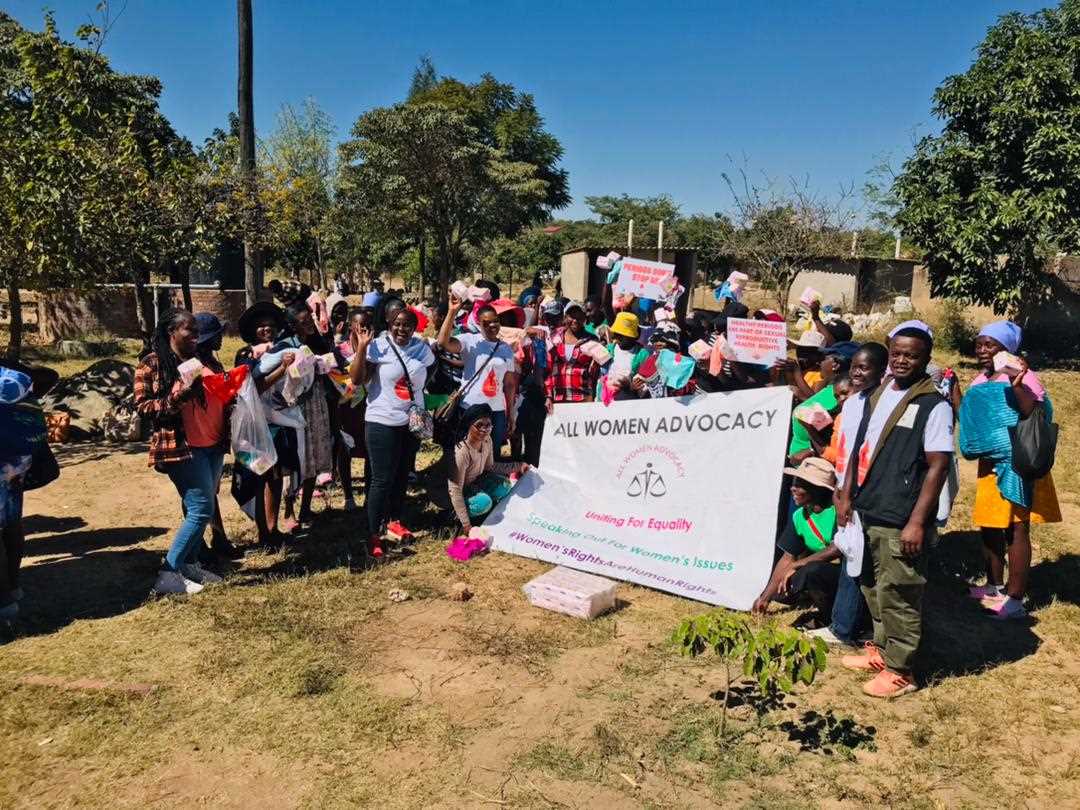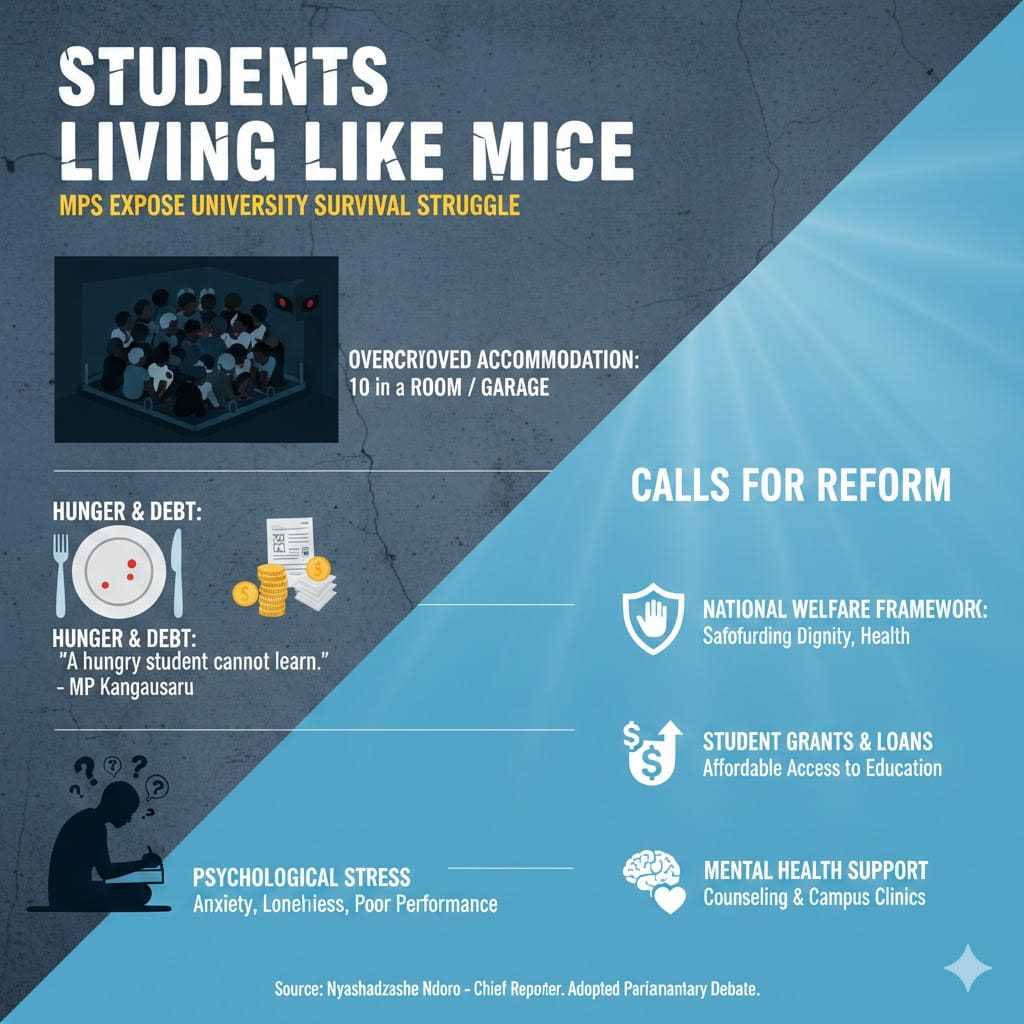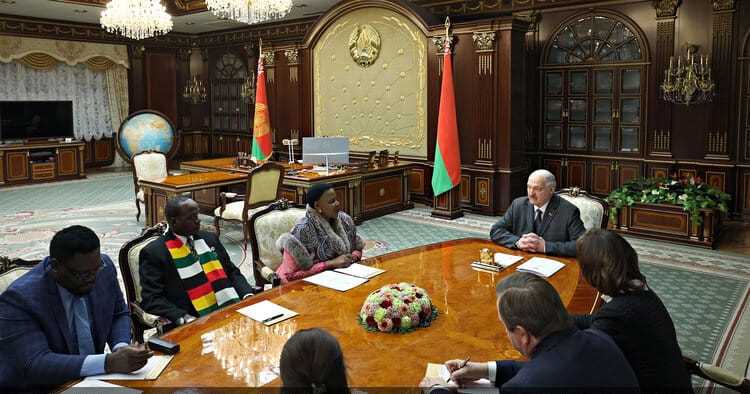
Oscar J Jeke
Zim Now Reporter
Over 80 women and girls in Caledonia received sanitary wear from All Women Advocacy, in partnership with The Aids and Arts Foundation, as part of their week-long tour, commemorating World Hygiene Day.
World Hygiene Day is celebrated annually on May 28 with various organisations taking to marginalised societies to educate and provide sanitary wear.
The commemorations held under the theme “Together for a period-friendly world,” saw menstrual hygiene lessons and engagements from Organisation representatives and the women of Caledonia who gathered at Caledonia Clinic yesterday.
Demonstrations on the use and disposal of sanitary pads took centre stage.
Speaking at the commemorations, Director of All Women Advocacy, Hazel Zemura emphasised the need for sexual education, especially in relation to menstrual health and hygiene.
She also noted that the commemorations were on-going for the whole week, adding that they will be on a tour in different locations such as Mbare, Chitungwiza and Highfield among other places.
“We are going around in different communities like Mbare, Chitungwiza and Highfield for the whole week as we are commemorating International Hygiene Day, giving out underwear, pads as well as demonstrating their use and disposal,” she said.
Related Stories
Ambassador Emmanuel Gasa, who is the country director for TAAF, who also works with displaced populations and advocates for their rights and well-being also noted that their foundation helps displaced people to access proper health services while mobilising people for other voluntary groups for easy access.
He also added that his foundation is lobbying government and Parliament so that they make available allocation for sanitary and sunscreen lotion in their various constituencies.
“We are commemorating World Hygiene Day through advocating for proper health services to displaced people. We have been lobbying government and Parliament so that as a country, each and every Member of Parliament has to be given an allocation for sanitary pads and sunscreen for people with albinism, and not to depend on donors.
“Government should sustain its own people, we cannot allow our sexual issues to be donor-funded, when we have vast mineral resources that can cater for its people,” Gasa said.
One participant, Sinikiwe Chidziva, a resident of Caledonia and works with youths living with HIV at the clinic, expressed gratitude to the initiative, adding that many people cannot afford sanitary pads.
“I am grateful for the programme as pads may be expensive to many in the community. The support makes me happy,” she said.
Rumbidzai Maponga, who also received pads and a pair of underwear, also reiterated the impact of poverty that many have failed to buy pads.
“The programme has helped us a lot, sometimes we don’t have money to buy pads and underwear. If possible, maybe you can also provide skin tights and perfumes to remove body odour,” she said.


















Leave Comments